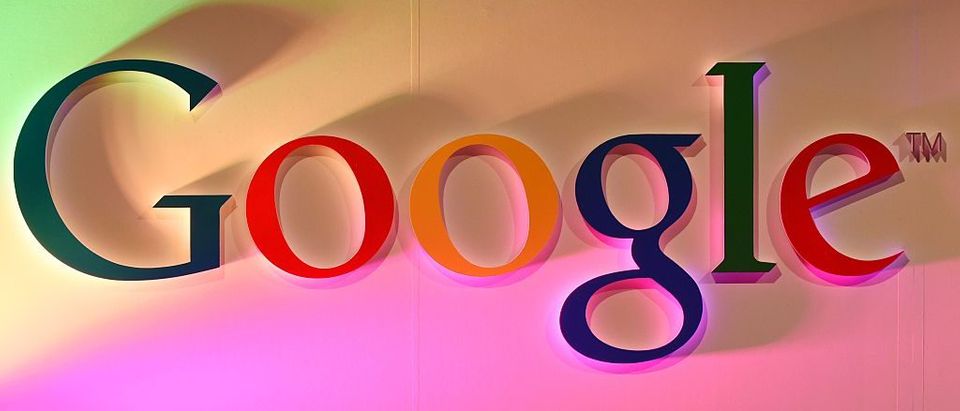The following is an excerpt from Fueling Freedom: Exposing The Mad War On Energy
Scientists at Google—the epitome of a modern “green” business—encountered the sobering realities of renewable energy when they searched for a fast path to a zero-carbon future. The RE<C initiative (“Renewable Energy Cheaper than Coal”), launched in 2007, invested in “potentially breakthrough technologies.” After four years, Google’s high-powered engineers concluded that renewables “simply won’t work” on the scale envisioned. In fact, the grand green plan was damaging to the environment. They wrote:
Even if one were to electrify all of transport, industry, heating, and so on, so much renewable generation and balancing/storage equipment would be needed to power it that astronomical new requirements for steel, concrete, copper, glass, carbon fiber, neodymium, shipping and hauling, etc., would appear. All these things are made using mammoth amounts of energy: far from achieving massive energy savings, which most plans for a renewables future rely on implicitly, we would wind up needing far more energy, which would mean even more vast renewables farms—and even more materials and energy to make and maintain them and so on. The scale of the building would be like nothing ever attempted by the human race.
The green movement has responded that RE<C simply wasn’t “ambitious enough.” But unlike governments, private company’s don’t have unlimited budgets. They have to turn a profit at some point.
Google’s setbacks in green energy were even more embarrassing when the firm also had to admit that it couldn’t even power its own data centers with the solar panels it had installed. According to the company statement: “The plain truth is that the electric grid, with its mix of renewable and fossil generation, is an extremely useful and important tool for a data center operator, and with current technologies, renewable energy alone is not sufficiently reliable to power a data center.” Try lighting up a whole city.
The Google scientists were not “climate change deniers.” But they came to a stark realization that other greens should ponder: Transitioning to a green power system would require two to three times more generating capacity to provide the same amount of electricity as a coal or natural gas plant, back-up generation from reliable sources for grid balancing, and energy storage equipment.
These structures would in turn require astronomical quantities of steel, concrete, copper, glass, carbon fiber, neodymium, along with shipping and haulage of these raw materials. All this output requires copious amounts of energy inputs. Far from achieving the massive energy savings assumed by most renewable energy master plans, humanity would end up needing far more energy.
Nevertheless, Washington clings to the fantasy that green energy is going to replace fossil fuel production. If Google can’t make renewable energy work, does anyone really think Washington can?


